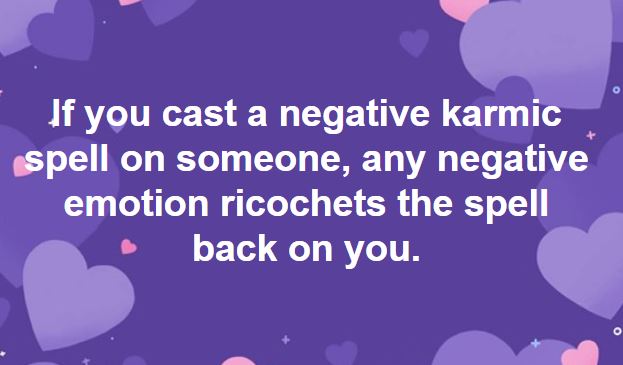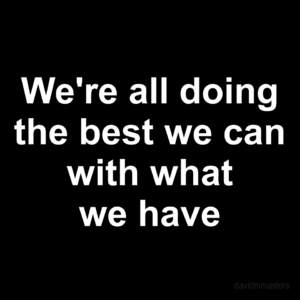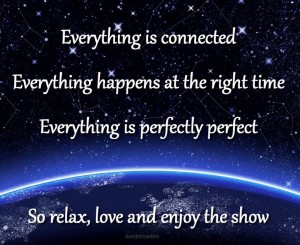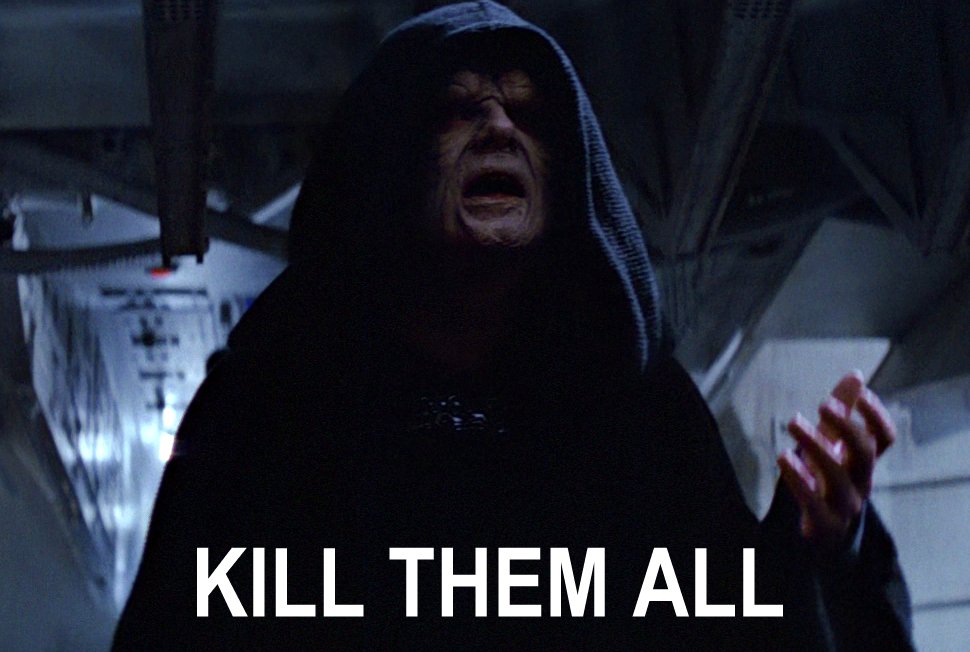When you experience, witness, or hear about someone’s wrongdoing, it’s easy to respond with a nonchalant, “He’s gonna get his,” which casts a powerful karmic spell. Take heed about wishing karma on someone because if it’s cast with malice or negative emotion it will backfire on you.
He’s Gonna Get His
This is a basic fact of the divine balanced nature of life. Everything that goes around comes around but it is not up to you or me to decide when, where, or how karmic justice will play out.
We can participate by casting our karmic spells, aligning ourselves with the justice of divinity. Your heart is a powerful energetic tool which can cause you to reap unforeseen karma yourself if you do not do so with a pure heart.
The saying, “He’s gonna get his,” is a shorthand reference to the more descriptive,
He is going to get what’s coming to him
That is to say, if someone thinks, says, or does something with malice of intent to take advantage of someone, to disrespect God or His creation, to do harm to someone or something, or even to neglect or ignore someone in need, that this will in some way revisit the very same person, in some way, possibly when he least expects it.
This gives us all a chance to revisit our selfishness, our egos, which for the most part run unbridled sometimes without a thought of how our thoughts, words, or our actions might affect others and the world around us.
Karma is not about revenge, karma is about love, about having the chance to make right that which was wrong in perfect balance and harmony. Karma is not about crime and punishment. Karma is about perfect love. Perfect love casts out all fear and all negative emotions which are connected to fear.
Karma is a bitch
How you can cast a karmic spell using the phrase, “Karma is a bitch,” with purity of heart is beyond me but it may be possible, if it can be said without any negative (fear-based) emotion.
Take heed: If you cast a negative karmic spell on someone, any negative emotion ricochets the spell back on you.
The Born Loser
The Born Loser refers to the person, who is not a bad person, but he just seems to have the worst luck No matter how hard he tries, he gets stuck in the never-ending cycle of bad luck, seemingly out of proportion to any deserved karma. Sometimes people will grab onto the idea that he is paying a karmic debt from a past life.
More often than not, if you dig deeper, you discover that he is paying the price of casting karmic spells with an impure heart.
The Born Loser is likely one who passes judgment on others quickly, and casts the karmic spell to in effect punish people whom he has defined as abusive or criminal and in need of a serious readjustment, not realizing that any negative emotion, which is not pure love, will bounce the karmic spell back onto he who has cast if.
While the Born Loser might be an extreme example, I think you get the idea.
You might know someone (someone you may know intimately, who might even be wearing the same skin as you) who seems to be experiencing a disproportionate degree of negative karma.
If you look closer, I think you will find that this person is casting negative karmic spells and reaping the rewards for doing so. I see it all the time. I think you will too, now that you know what to look for.
The cure is simple. Stop casting negative karmic spells.
It’s simple but it’s not easy to stop doing something you’ve been doing for a long time and instead; doing the opposite, casting spells of pure love, free from judgment or angst.
It doesn’t happen overnight (though I have seen people change instantly due to an epiphany or major paradigm shift) but you can learn to replace a negative thought with a loving thought.
All your effort to move from fear to will pay off in living a better life, your best life, and who knows? You might even end up making the world a better place.
It all starts right here, right now, if you choose. It’s your choice.
You can change your whole life
Note: While the theme of this article was written addressed in the masculine, it applies to the feminine just as well.











